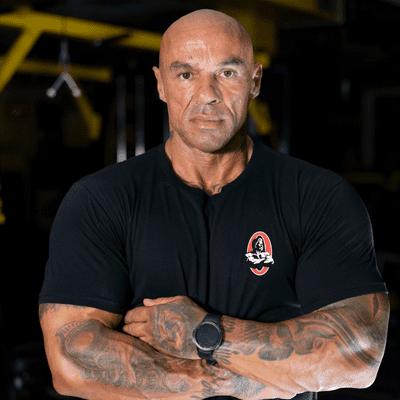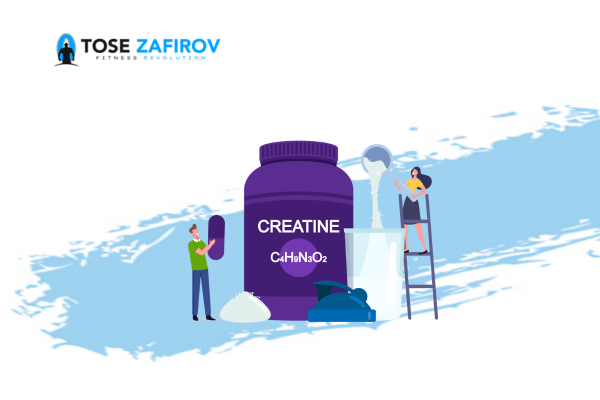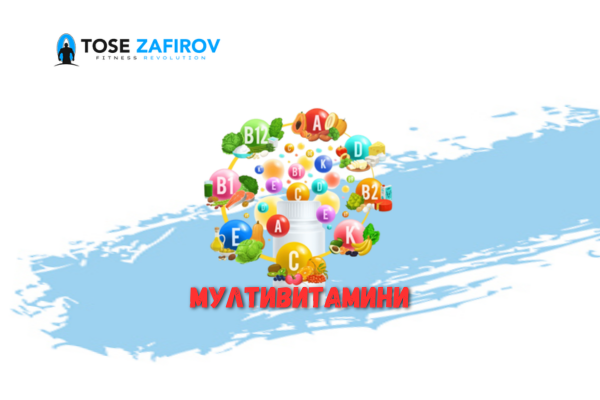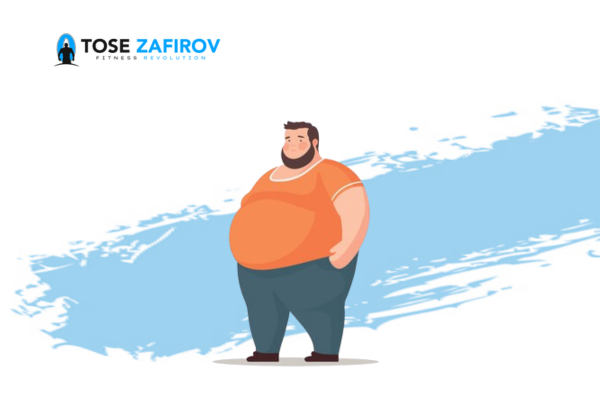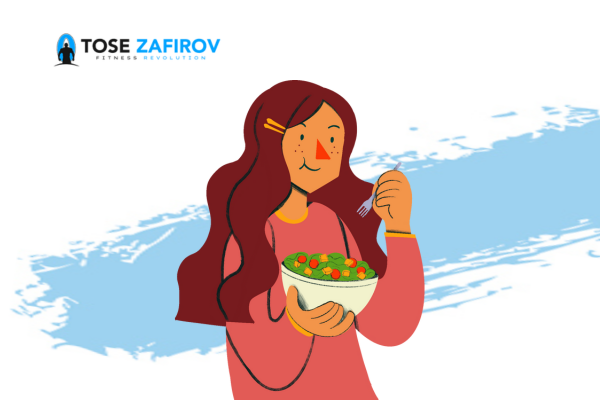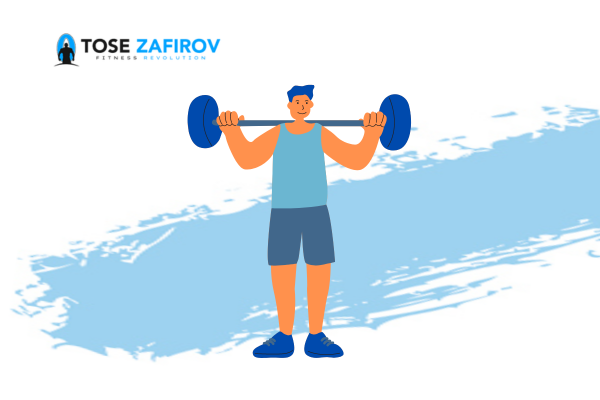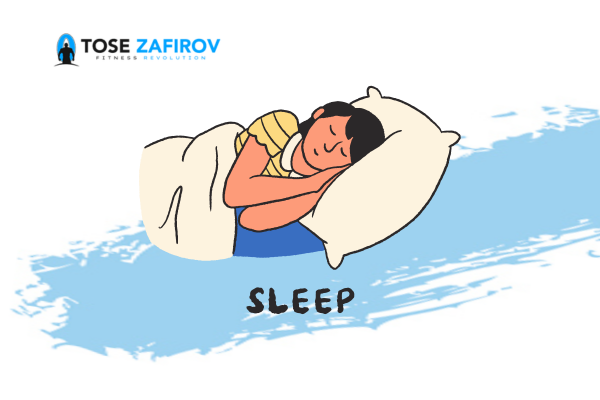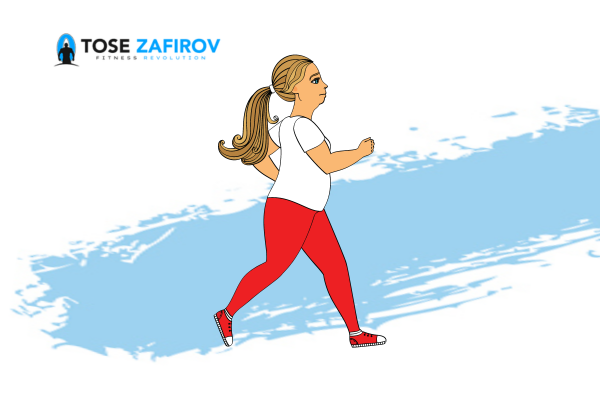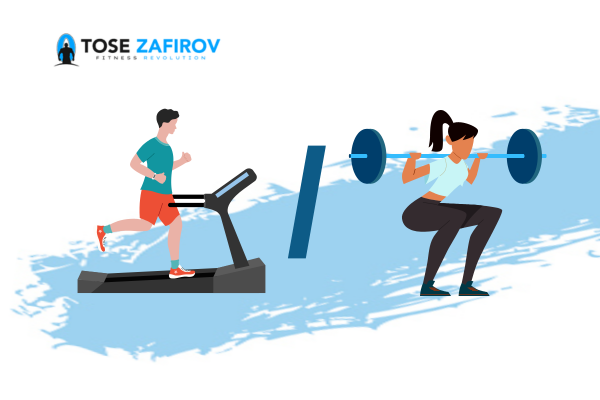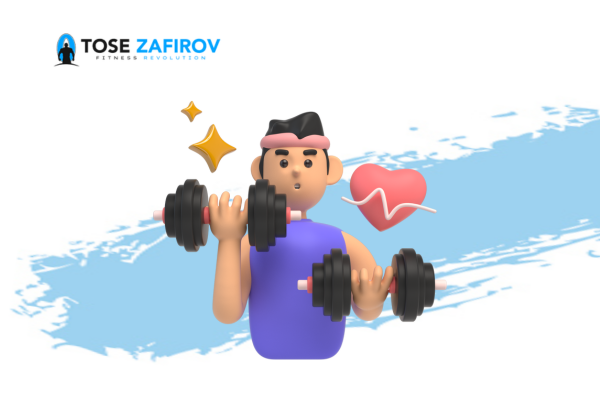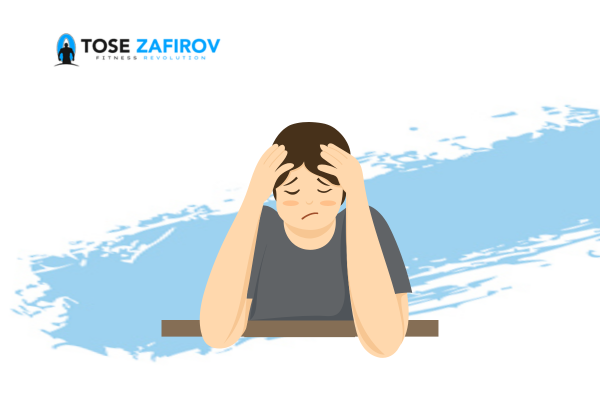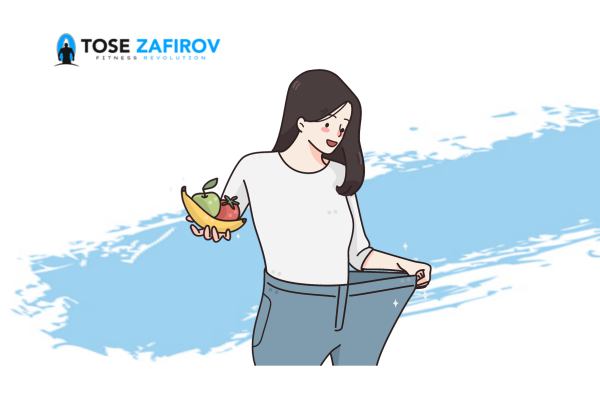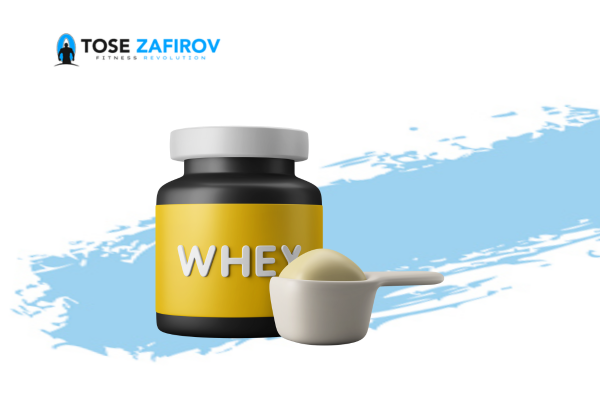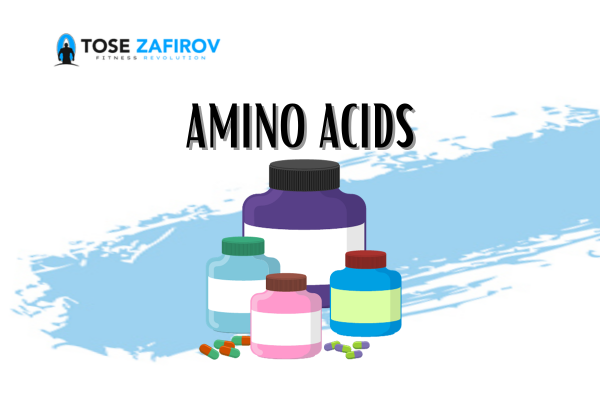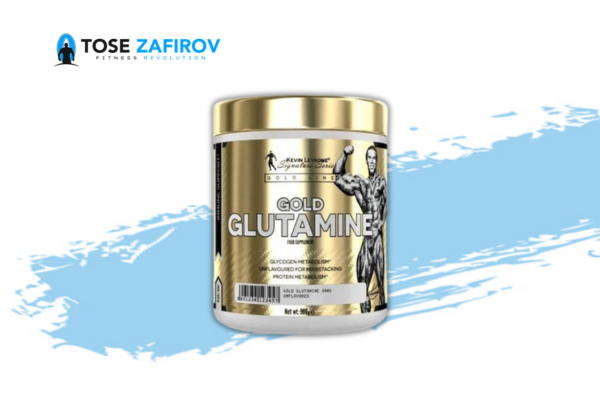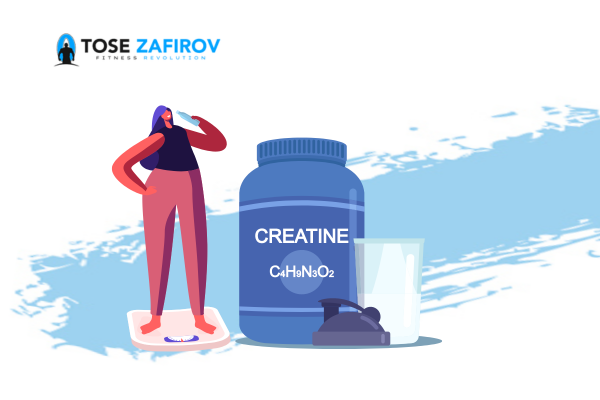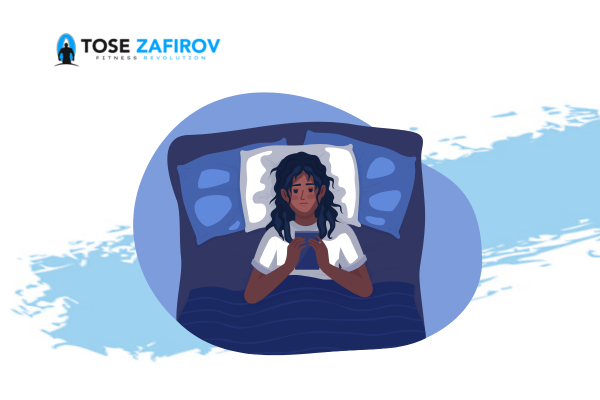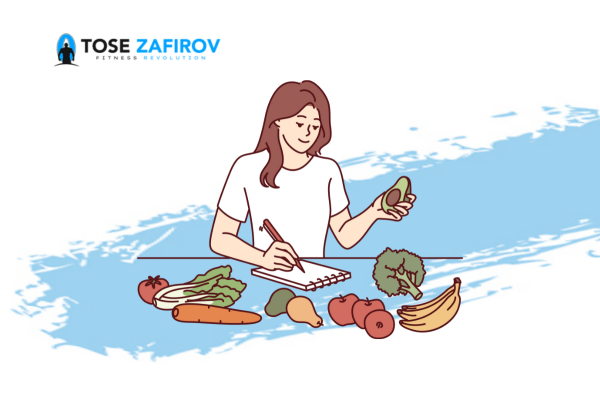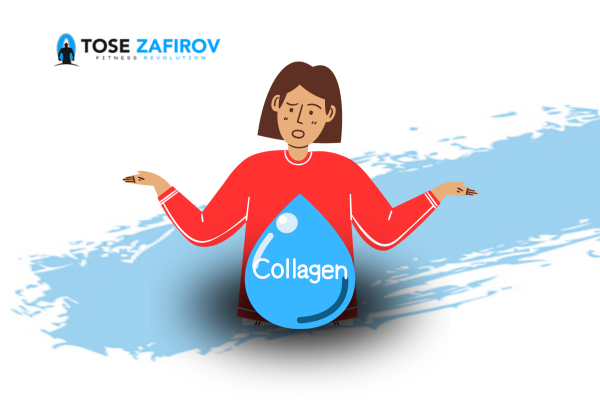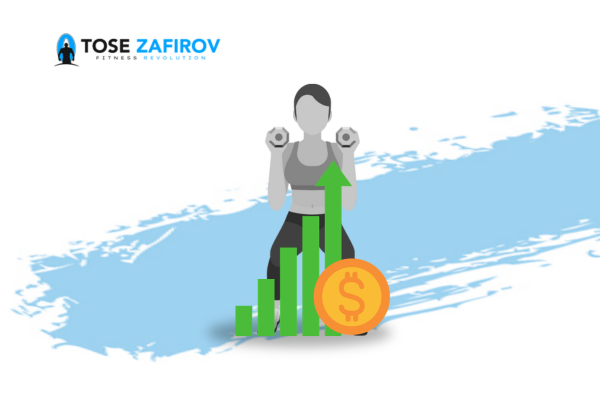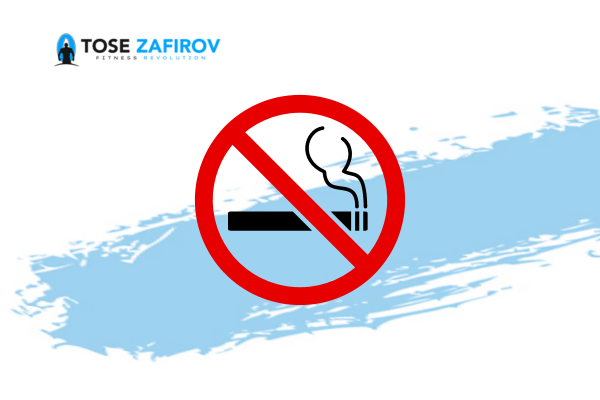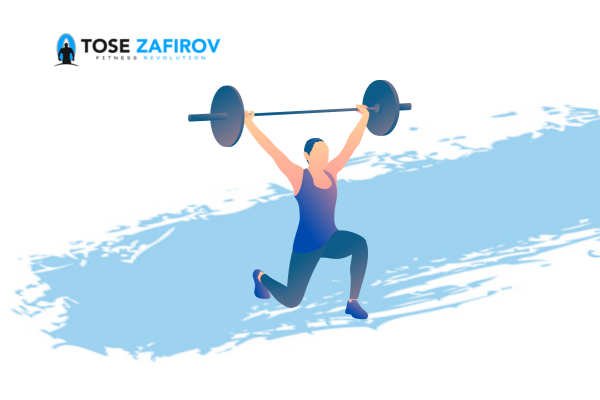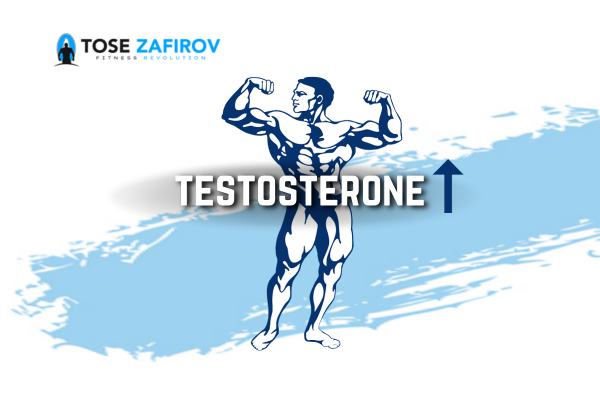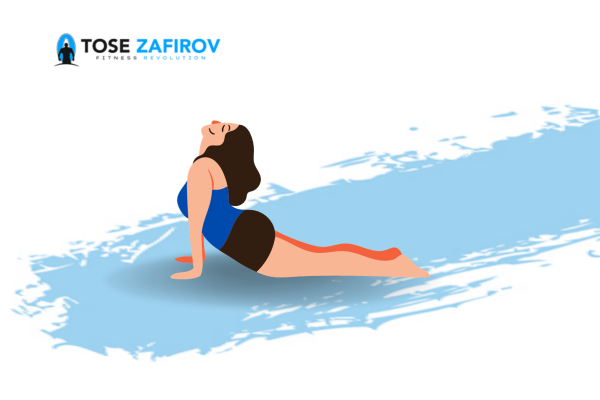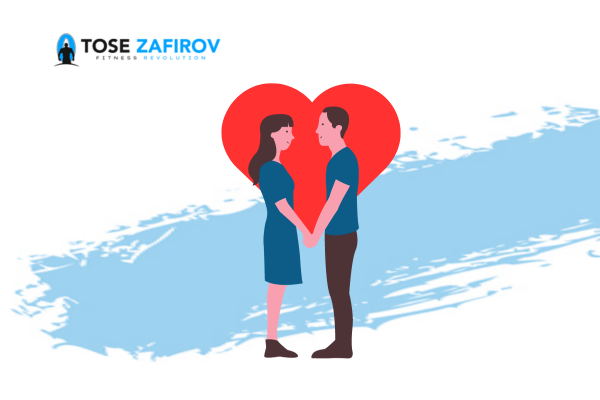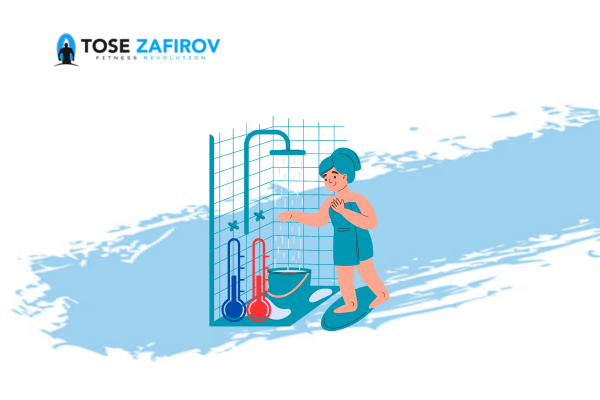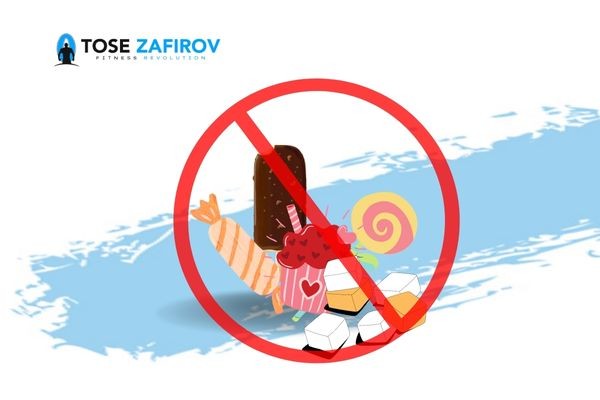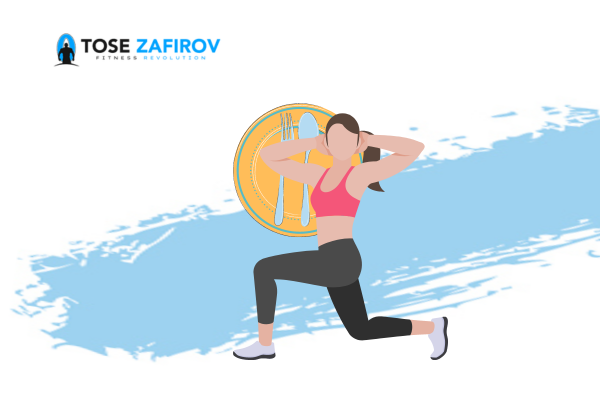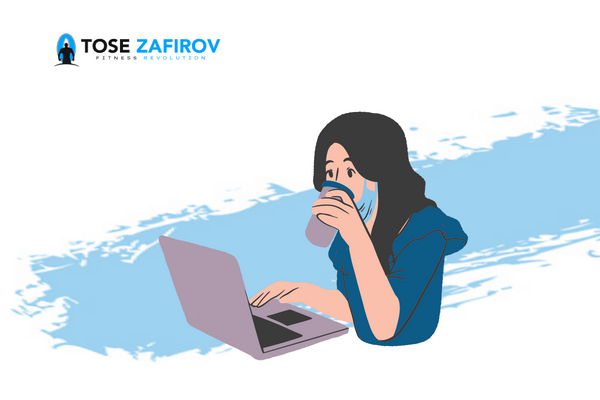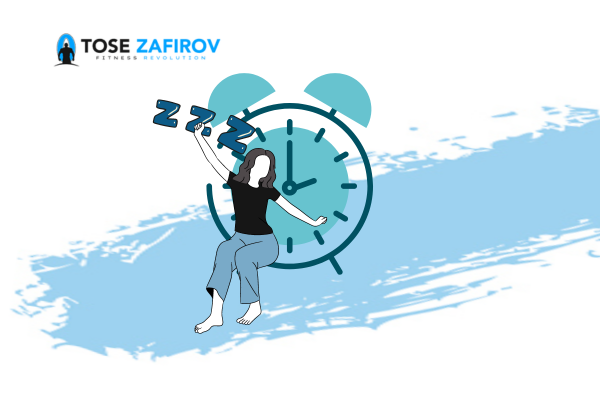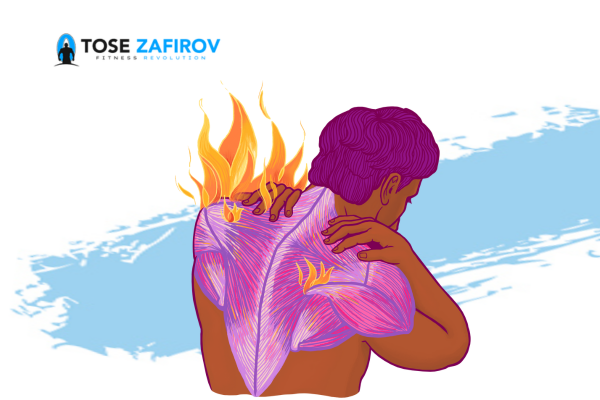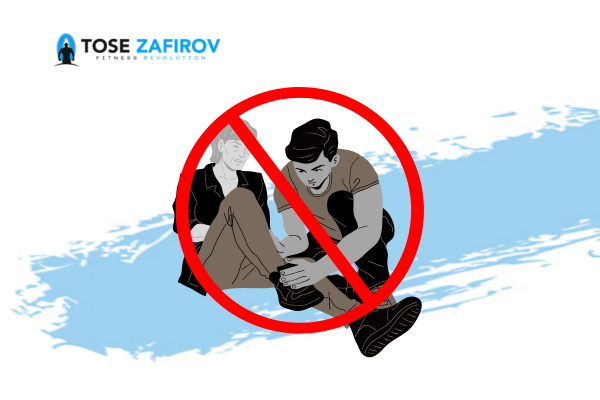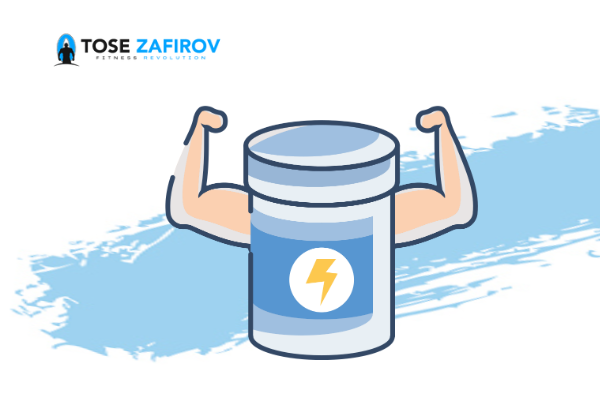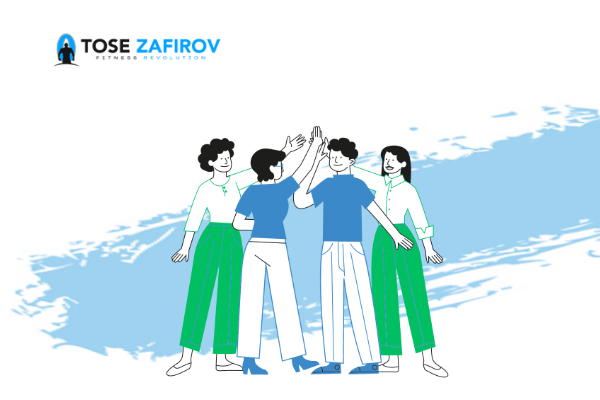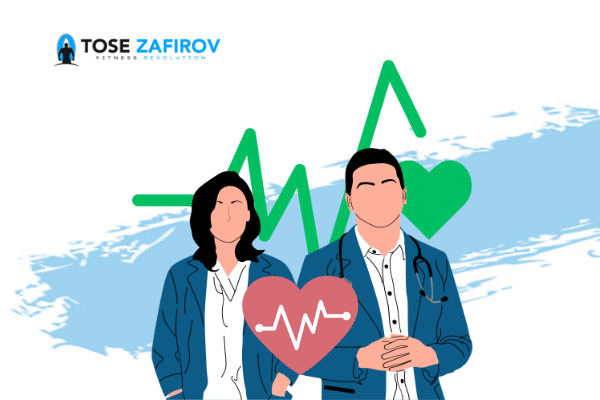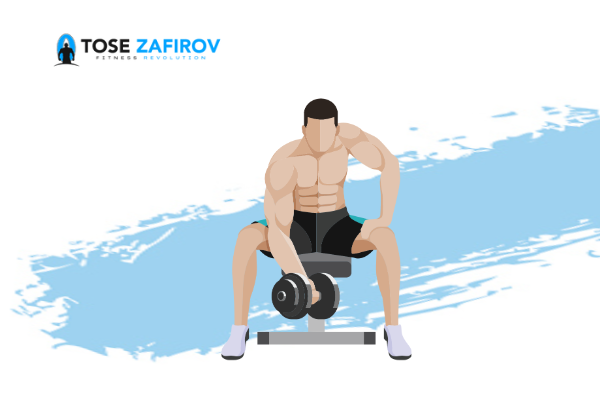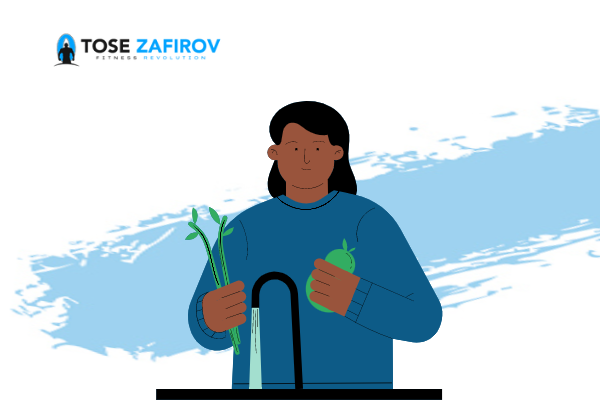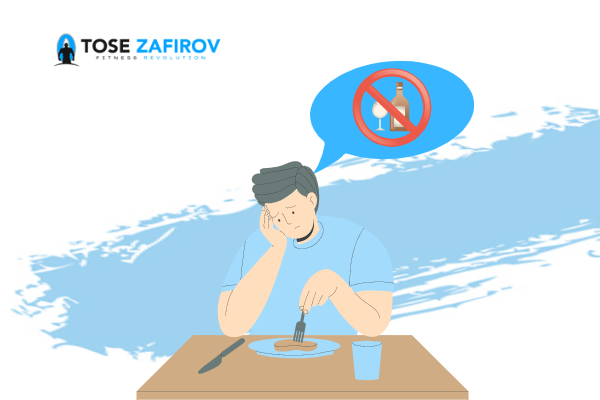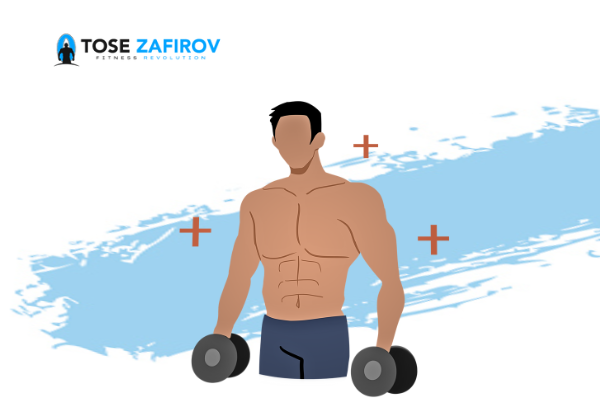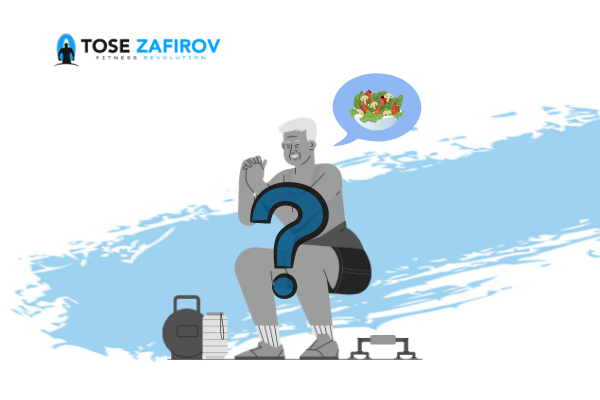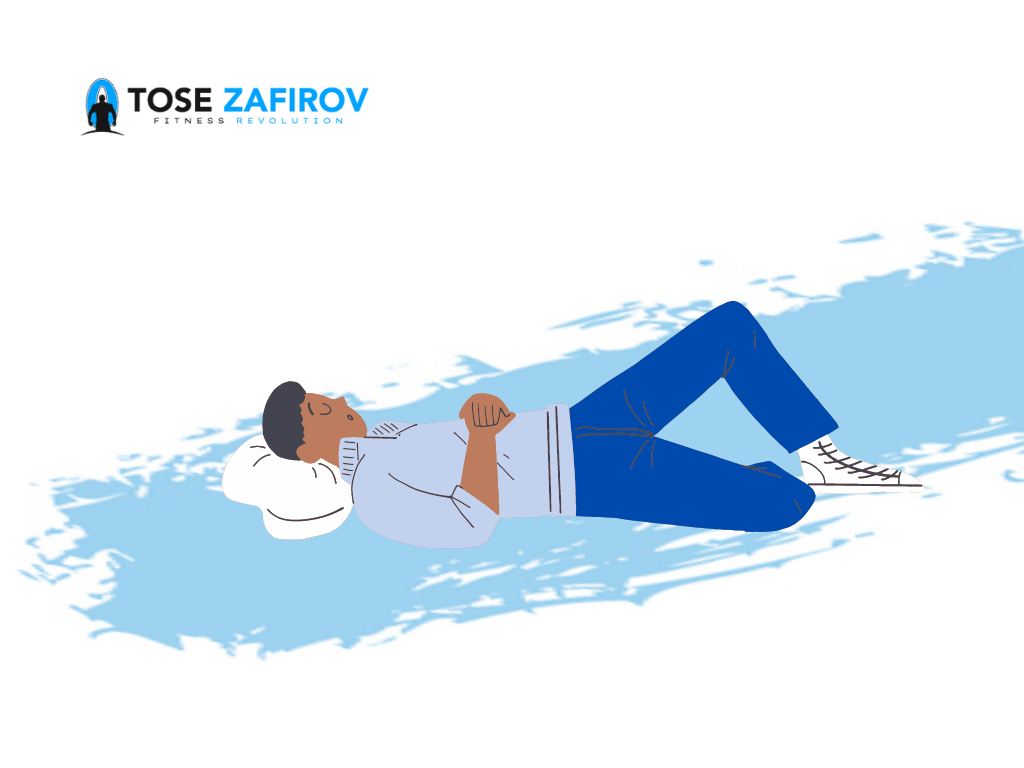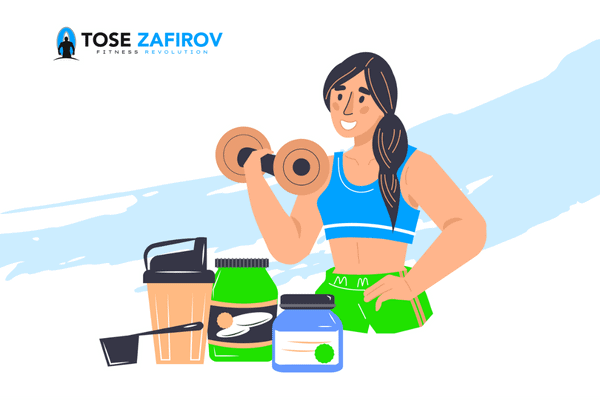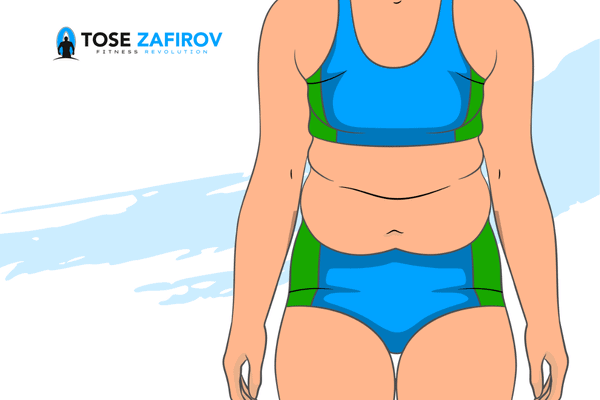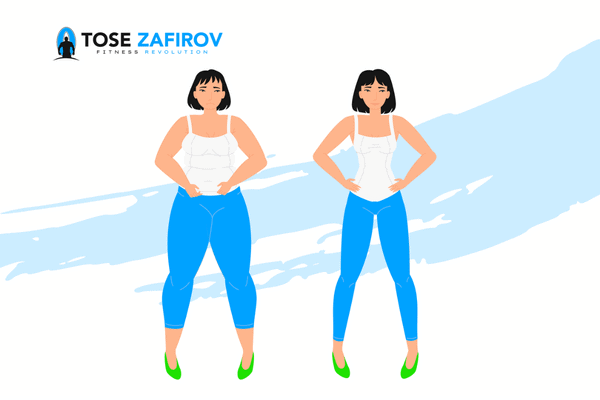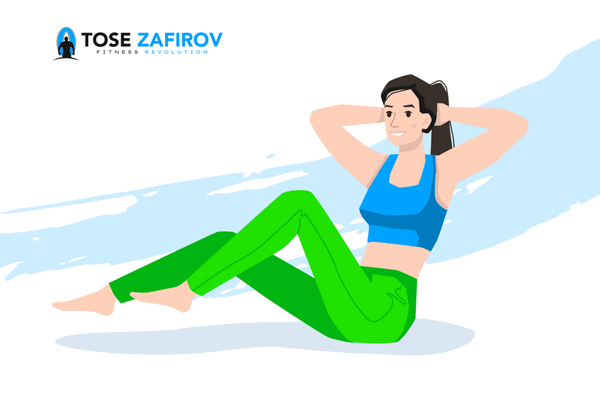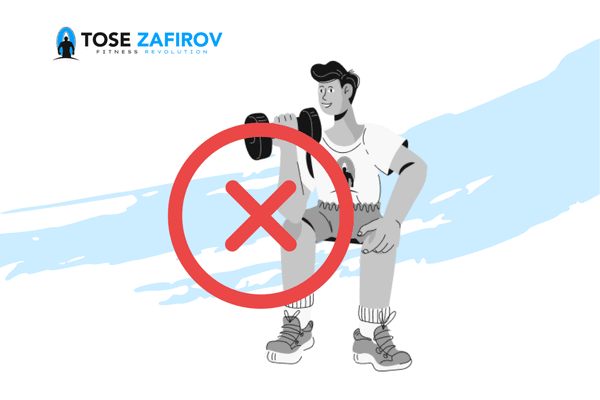Think of your body as an engine, and the food is gasoline. You wouldn’t dare leave your car without gas because it may leave you in the middle of the road. So, why not fuel your body as well before working out? Aren’t you afraid it will burn out in the middle of a workout session?
Short and low-intensity workouts done on an empty stomach don’t have a very negative effect on the body. On the other hand, if you tend to do high-intensity workouts that last longer than 60 minutes, make sure that your belly is full of nutritional foods.
In this article, we’ll review the effect of exercising on an empty stomach, the benefits of eating before exercising, and which nutritious foods should be consumed for better performance.
Key Takeaways:
- Doing high-intensity workouts on an empty stomach is not good for your body
- Consuming a balanced and nutritional meal before a workout has countless benefits
- Certain foods can improve your performance and increase your stamina
- Post-workout foods are also important
What Happens When Your Work Out on An Empty Stomach?
When you work out on an empty stomach, your body will start burning muscle and fat to get the needed fuel. Although most people think losing fat is good, this is not the right way to do it and can cause serious problems.
Furthermore, exercising on an empty stomach can lead to dizziness, low blood sugar, fatigue, vitamin deficiency, lowered immunity, and mood swings.
If this isn’t enough to talk you into eating something before exercising, remember that working out hungry will also negatively affect your performance, so you won’t be able to give 100% during your workout sessions.
Benefits of Eating Before Exercise
Since we already explained the negative sides of exercising on an empty stomach, it’s fair that we look into the positives of having a well-balanced meal before your workout session.
Your Endurance Will Be Increased
You might feel like you have the stamina to finish a full workout on an empty stomach, but the reality is that your body will not endure the whole session without the much-needed “fuel.” Your body needs an adequate supply of energy to function properly.
Important
Giving your body food before exercising will increase your endurance, and you’ll be able to smoothly carry out high-intensity training without an issue.
The Worn-Out Tissue Will Repair
When you exercise actively and aggressively, your muscles and tissues can become more vulnerable to inflammation. If you’ve ever tried exercising with aching muscles, you already know how painful that can be.
The best cure for worn-out muscles is a balanced diet. A nice protein shake before a workout is a great way to fill your stomach with nutritional foods while helping your body repair the worn-out tissue.
It Reduces the Risk of Fatigue
Working out in a fed state will significantly reduce the fatigue risk. If you didn’t know, sudden fatigue could occur when the body runs out of glycogen stores, which happens after an intensive workout on an empty stomach.
This condition occurs because your brain needs energy, not only your muscles. The brain takes energy from the liver glycogen, and for the liver to produce glycogen, it needs a steady supply of blood glucose.
When and What to Eat Before A Workout
It’s important to get calories and give your body the right fuel to meet the demands of your daily activities. We recommend eating a full meal at least 3-4 hours before exercising and a carbohydrate snack two hours before. If you plan to do an extra intensive workout, we advise drinking a protein shake 30 minutes before starting to give you a nice starting boost.
Warning
Eating a full meal less than an hour before hitting the gym or doing an at-home high-intensity workout is not recommended and can make you nauseous.
Foods That Can Improve Your Performance
Certain foods can help you increase your athletic performance, so if you want to feel more energetic during your workout, here are some foods that can help you:
- Healthy carbs: whole grains, legumes, fresh fruits, and vegetables
- Protein: eggs, lean meats, and low-fat dairy products
- Healthy fats: avocado, ghee, olive oil, and coconut oil
- Foods rich in iron: green vegetables, fish, and beans
- Nuts and seeds
Best Post-Workout Nutrients
Your post-workout meal is just as important as your before-workout meal. Some nutrients are better than others after an intensive workout, so here’s what to consume to get the best results:
- Carbs: we recommend complex carbs such as whole grains and vegetables because they take longer to digest and will give your long-lasting energy
- Proteins: lean proteins such as Greek yogurt, fish, poultry, tofu, beans, peanut butter, and low-fat cottage cheese are great as a post-workout option
- Fats: healthy fats are good for you because they have anti-inflammatory properties and can help your recovery. Consume nuts, seeds, fish, and different types of vegetable oils
Final Recommendations
If you want energy, great performance, and stamina to endure a high-intensity workout, don’t start without a balanced meal. If you want to do light cardio and don’t have the time to eat something, then do it, but don’t make it a habit.
The body needs food to function, not just any food, but food rich in proteins, carbs, and healthy fats. Once you put in the right fuel, nothing can stop you!

